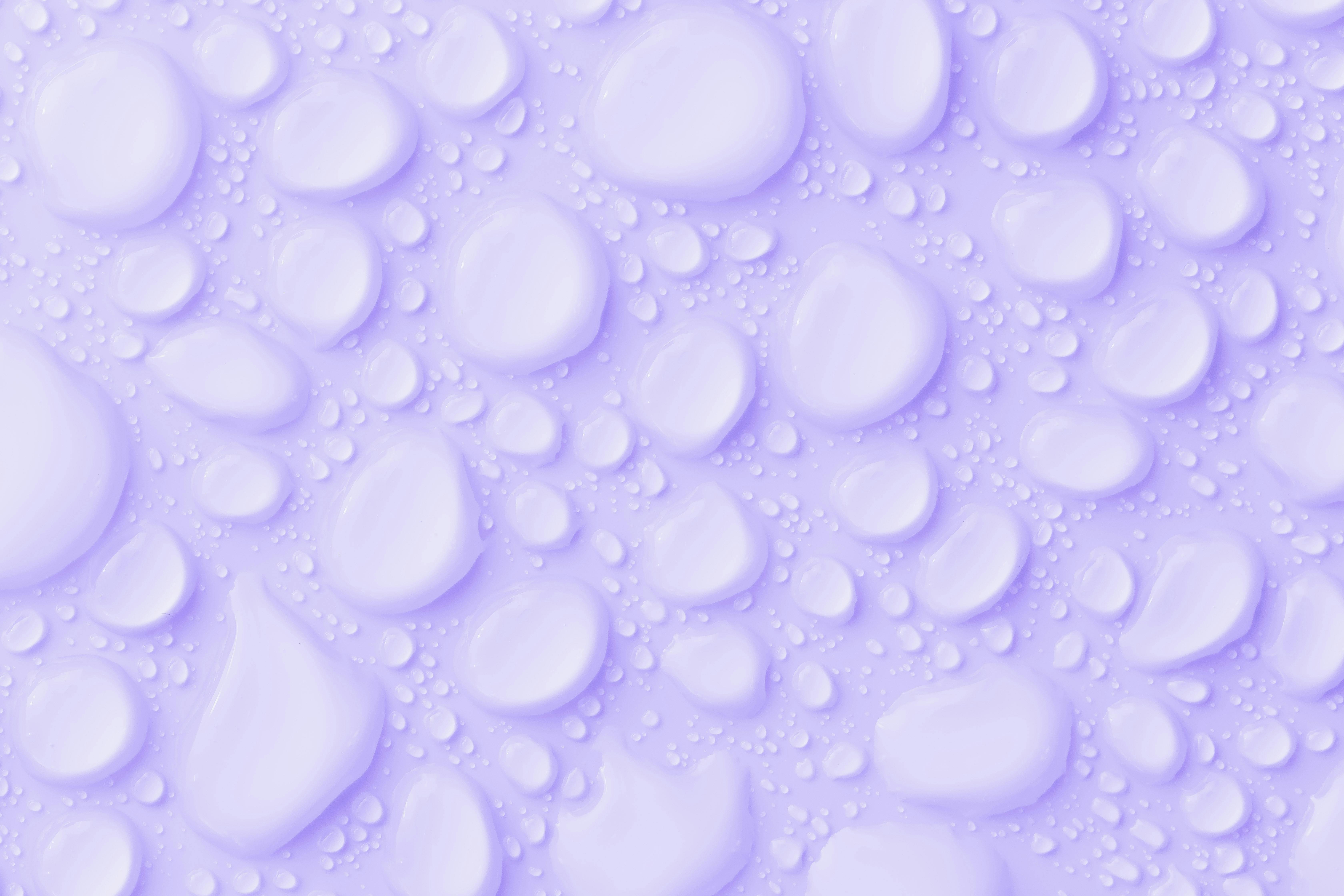Water is one of the most essential elements for life on Earth. While it is widely available, not all water is created equally. Distilled water and regular water are two types of water that have distinct differences. Distilled water has been processed to remove contaminants and minerals, while regular water may contain a range of impurities, depending on its source. Understanding the differences between distilled water and regular water can help you make informed decisions about the kind of water you choose to consume.Distilled water is water that has been boiled and condensed into a pure and clean form. The boiling process removes all impurities, minerals, chemicals, and other contaminants from the water. This leaves only pure H2O molecules that are free of any pollutants or toxins. Distilled water has a neutral pH level which makes it ideal for drinking, cooking, and other household uses. It can also be used in medical processes such as dialysis or in industrial processes where impurities must be removed.
Process of Distillation
Distillation is a process of separating components of a mixture by boiling them and then condensing the vapors. It is one of the oldest methods used to separate and purify liquids. The process involves heating the mixture until it boils, whereupon the vapor is collected and condensed back into a liquid form. The liquid that has been condensed is referred to as the distillate, while the remaining liquid in the original mixture is known as the residue. The distillate will contain more volatile components than the residue, allowing for separation of components based on their boiling points. Generally, distillation can be used to separate liquids that have different boiling points, although it can also be used to remove impurities from liquids such as water or alcohol.
To begin distillation, a mixture of two or more liquids is heated in a container known as a still. As it heats, some of the components will vaporize and rise up out of the still as steam. This steam then passes over a condenser which cools it and causes it to condense back into liquid form, thus separating out those components that are more volatile than others in the mixture.
Distilled Water vs. Regular Water
Distilled water and regular water are two types of water that differ in their composition and properties. Distilled water is created by boiling water and collecting the steam that condenses from the vapor, while regular water is untreated and can contain dissolved minerals, as well as organic and inorganic compounds. Distilled water is free of most contaminants, whereas regular water can contain a variety of substances, including bacteria, viruses, algae, metals, and other harmful pollutants.
The process of distillation removes some impurities from the water but does not eliminate all contaminants. Additionally, distillation leaves behind certain essential minerals that are beneficial for human health such as calcium, magnesium, potassium, sodium and iron. As a result, distilled water may be lacking in these important elements and may need to be supplemented with minerals to ensure proper hydration.
In terms of taste, distilled water has a flat or flavorless taste due to the lack of minerals found in regular drinking water. Conversely, regular water has a more complex flavor profile due to its mineral content. The taste difference between distilled and regular drinking water
Distilled Water vs. Purified Water
The terms “distilled water” and “purified water” are often used interchangeably, but they are two distinct types of water. Distilled water has been boiled to remove impurities and then the steam is condensed back into a liquid. Purified water is treated with chemicals such as chlorine, ozone, or ultraviolet light to kill bacteria and other living organisms, as well as remove some metals and other contaminants. Both distilled and purified waters are good for drinking; however, they have different uses that depend on the type of contaminants present in the source water.
Distilled water is mainly used in medical settings, automotive batteries, and for drinking purposes. It is also used for aquariums because it contains no minerals that could harm fish or other aquatic life. The process of distillation removes all impurities from the water, including minerals, so it can be used for laboratory testing and in scientific experiments where purity is essential.
Purified water has been filtered to remove particles such as dirt and sediment from the source water. It also may have been treated with chemicals or ultraviolet light to kill bacteria and
Benefits of Drinking Distilled Water
Drinking distilled water has many benefits. Distilled water is free of minerals, salts, and other contaminants that can be found in tap water. It has a neutral pH level, making it more easily absorbed into the body. Because it does not contain any minerals or other particles, distilled water does not leave behind any residue in the body. This makes it a great choice for those who are trying to stay hydrated without the risk of mineral deposits. Additionally, since distilled water does not contain any chemicals, it is safer to drink than tap water. Furthermore, since it is free from chlorine and other disinfectants used to treat tap water, there is less risk of developing allergies or sensitivities from drinking distilled water.
Another benefit of drinking distilled water is that it helps flush out toxins from the body. Because it does not contain any minerals or particles that could block the removal of toxins, it helps to reduce the risk of kidney stones and other health problems related to mineral buildup in the body. Additionally, since there are no impurities in distilled water, it can help to improve digestion and reduce bloating caused by consuming too much salt

Drawbacks of Drinking Distilled Water
Drinking distilled water can be beneficial for certain health conditions, but it does have some drawbacks. One of the most notable drawbacks is that distilled water does not contain any minerals. While it may be beneficial to remove certain minerals from drinking water, such as lead or other heavy metals, it can also leach minerals from the body if consumed in large quantities over an extended period of time. Minerals are essential for the proper functioning of the human body and drinking distilled water can lead to mineral deficiencies.
Another drawback of drinking distilled water is that it can taste flat or bland compared to other types of water. This is because all impurities and minerals have been removed, leaving behind only pure H2O. If you don’t enjoy the taste of distilled water, you may want to consider adding a squeeze of lemon or lime juice for a light flavor boost.
Finally, drinking too much distilled water can lead to an electrolyte imbalance in the body. Electrolytes are important for regulating bodily functions such as blood pressure and heart rate. When electrolyte levels become
Uses for Distilled Water
Distilled water is a type of water that has been purified through a process called distillation. This process involves boiling the water and then condensing the vapor into a clean container, leaving behind any impurities or contaminants. It is commonly used in medical and scientific settings, such as laboratories, as it is free from any chemicals or minerals that could interfere with experiments. It can also be used for drinking, cooking and even cleaning.
One of the main uses for distilled water is in car batteries. Car batteries contain lead-acid cells that require a specific amount of electrolytes to function properly. The distilled water helps to keep the electrolytes balanced and prevents corrosion from occurring on the battery terminals. It can also be used to top up radiators in cars, as it does not contain any minerals which could cause deposits to build up over time.
Distilled water can also be used for household cleaning purposes, such as cleaning windows or mirrors. This type of water does not contain any minerals which could leave streaks or smears after being wiped away. Additionally, it has no chlorine or other chemicals
Taste of Distilled Water
Distilled water has a very unique taste that is quite different from regular tap water. It has a very slight, almost undetectable mineral taste. This is because all the impurities and minerals have been removed during the distillation process, leaving only pure H2O. The taste of distilled water is very mild and often considered to be flavorless or tasteless. It is also quite refreshing due to its lack of impurities and minerals.
When first tasting distilled water, some people may find it to be strange or even slightly unpleasant. This is because they are used to the taste of tap water which contains many different minerals and chemicals that give it a unique flavor. However, after drinking distilled water for a while, most people become accustomed to its mild taste and find it to be quite refreshing.
The lack of any minerals or impurities in distilled water can also make it more hydrating than regular tap water as there are no substances that could potentially block the absorption of the H2O into your body’s cells. For this reason, many athletes and fitness enthusiasts prefer drinking distilled

Conclusion
The difference between distilled water and water is that distilled water is purer than regular drinking water. It has gone through a distillation process, which removes certain impurities from the water. Distilled water does not contain any minerals or contaminants, making it safe for consumption. Regular drinking water also contains certain minerals and contaminants that may be beneficial to health but can also cause problems in certain individuals. It is important to understand the benefits and risks of each type of water before deciding which type of water to consume.
Overall, distilled water is much purer than regular drinking water and may have some health benefits due to the lack of contaminants. However, it can be more expensive and time consuming to produce than regular drinking water. Ultimately, the decision of which type of water to consume should be made based on individual preference and what benefits are desired from consuming that particular type of water.

